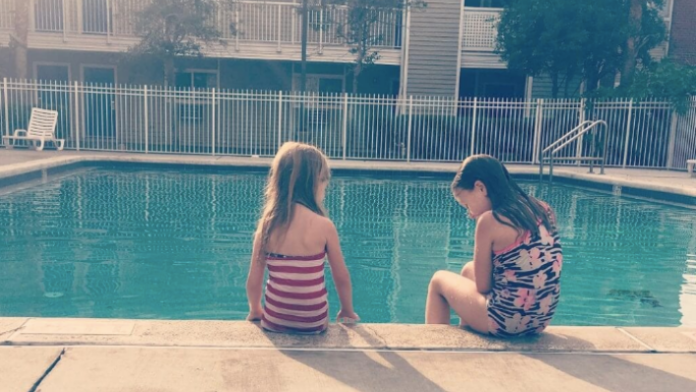I know I’m not the first person to have taken notice of how much the education system has changed over the past 15-20 years. Most people within my age bracket, who grew up in the 1970s and 1980s, can see a huge shift from how things were when they were little compared to how they are now. I can recall being in kindergarten in California very well. I got out at noon, and I learned how to tie my shoes. We took naps and played with clay. We got to have fun, be creative, and learn how to treat others. We were allowed to be normal five-year-olds. My question is, is that changing?
I’ll be the first to admit I’m no expert on the public school system at this current time. I do not have my children enrolled in the public school system, so I can not rely on personal experiences. What I can rely on is observation of friends whose children are. So this isn’t written from any expert platform, but rather simply an opinion based on interactions with my parenting peers. It’s also not a dig at the public school system in particular. This is actually my concerns over public mindset nowadays. When did we stop allowing kids to be kids? And when did we start expecting more from children than they are developmentally capable of achieving?
Over the past five years or so, and since becoming a parent myself over seven years ago, I’ve noticed the concerns voiced by other mothers around me. I see their questions, their searching for camaraderie and advice, their fears over if they’re doing it right, doing right by their children, and making certain their child can measure up to the standards set by the tribe at large.
I see and hear conversations like:
“Does anyone know what my preschooler needs to know before they start school?”
“My daughter never went to pre-K! Is she going to be terribly far behind?!”
“Looking for a good learning app for my 2-year-old. What do you recommend?”
“Is ABC Mouse worth the money per month?”
“What kind of books can I buy for my 4-year-old to get him ready for school?”
“My 5-year-old can’t read! What are we gonna do? Are they gonna hold her back?!”
“What’s the best pre-k program out there? Who do you recommend?”
“I can’t seem to get my daughter to do her homework!”
And you know the kid is five.
“My son can’t be still in class! I think he has ADHD!”
And you know the kid is five. Or six, for that matter.
I see so many concerns over reading fair projects (that the parent totally completes), mediocre grades, worries over too many sick days taken, and so much more. I see moms cry when their 5-year-old gets on the school bus far too early, without enough sleep, for a nine hour day, that most of the time no longer allows a nap midday.
I see friends worried over their second grader’s math scores, and I wonder if we’re perhaps a bit too concerned? Now, I’m all about [for] education. I hold a higher degree, and because of that, I have chances in my career I would not have had otherwise. I love to read, and I think an extensive vocabulary and proper grammar is a positive attribute to hold. But I wonder if we’re taking it too far, too soon?
For example, in some westernized countries children do not begin formal education until age seven, and I can totally see why. Four, five, and six years olds are still deeply discovering the world around them. They’re learning to deal with their emotions and interact with others. They’re creating relational characteristics that will help lay the foundation for the kind of adult they will be. They don’t need adult stress; they have enough to deal with in the way of child stress. There are so many unknowns, lessons, and daily discoveries they are making. We really don’t need to impede on that too much.
For young children, learning should be mostly about play. They should be seeing that learning is fun, that discovery is adventure, and that it’s not a race to achieve, a box to check, or a test to complete. Reading should be for pleasure, not a painstaking chore, and this is something I had to understand early on in the education of my own children at home.

